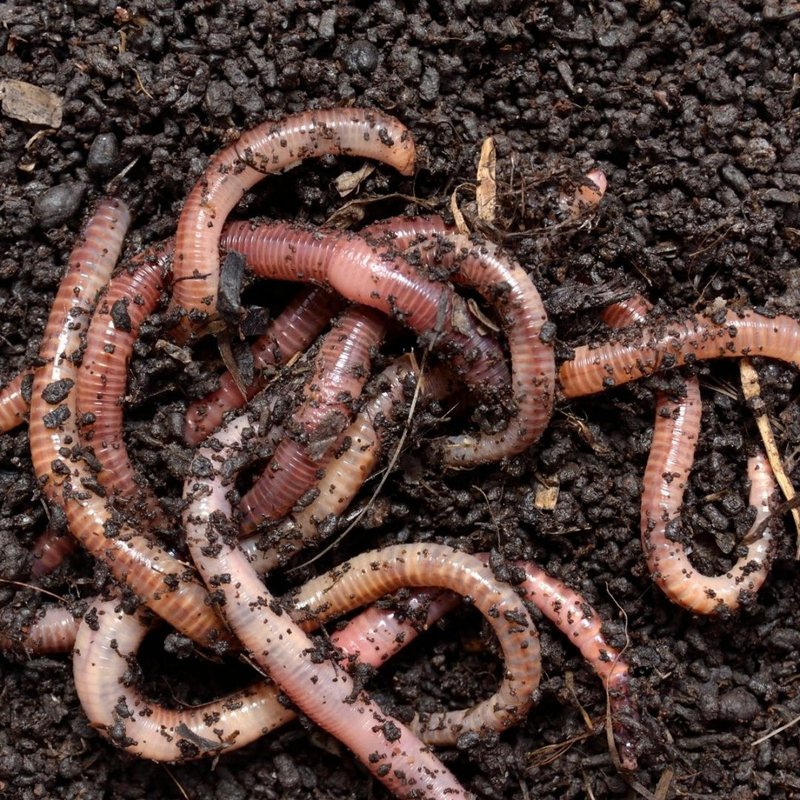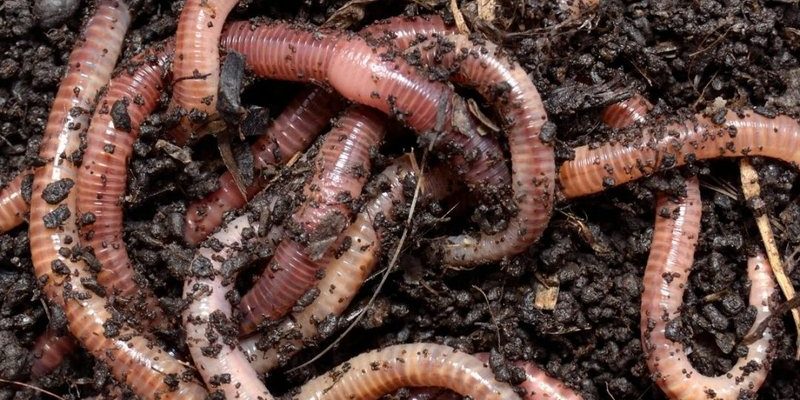
Imagine your garden as a giant buffet for all sorts of creatures beneath the surface. Just like how people enjoy a good meal, earthworms thrive on decomposing materials, including those pesky dead plant roots. Think of the earthworm as a friendly gardener, breaking down what’s left behind and helping create living soil. So, let’s explore their diet, what they munch on, and why it’s crucial for your garden.
What Do Earthworms Eat?
Earthworms have a varied diet, which can include a lot of organic matter. They primarily feast on decaying leaves, dead plants, and yes, dead plant roots. These roots might not sound appetizing, but to an earthworm, they’re like a gourmet meal. The process of decomposition is where the magic happens—the breakdown of complex materials into simpler, nutrient-rich substances.
You might be surprised to learn that earthworms are detritivores, which means they consume dead organic material. When they eat, they’re not just filling their bellies; they’re also helping to aerate the soil and improve its structure. This is how they contribute to a healthy ecosystem. So, not only do they eat dead plant roots, but they also help your soil become more nutrient-dense, which is fantastic for plant growth.
How Do Earthworms Process Food?
Here’s the thing: when an earthworm munches on something like dead plant roots, it doesn’t just swallow it whole. They have a unique system for processing food. Earthworms use a part of their body called the *gizzard* to grind up their food, much like how we use our teeth. This gizzard is lined with tiny rocks and minerals that help break down tough plant material.
Once the food is ground up, it moves to the intestines, where further digestion occurs, and nutrients are absorbed. The end result is nutrient-rich castings, often referred to as worm poop, which is a fantastic fertilizer for your garden. So, not only do earthworms eat dead plant roots, but they also turn them into something beneficial for new plants!
Why Dead Plant Roots Matter in the Ecosystem
Now, you might be thinking, “What’s the big deal with dead plant roots?” Well, dead roots play a critical role in soil health. They are part of the natural cycle of life and death in ecosystems. When plants die, their roots decompose and add organic matter to the soil. This organic matter improves soil structure and water retention, which benefits other plants.
By consuming these dead roots, earthworms help to break down this organic material faster, allowing nutrients to be released into the soil more quickly. This process keeps the ecosystem balanced and supports new plant growth. So, when you see earthworms doing their thing, think of them as the unsung heroes of the garden.
How Earthworms Benefit Your Garden
Having earthworms in your garden is like having a team of tiny gardeners at work. Here’s how they help out:
- Soil Aeration: As earthworms travel through the soil, they create tunnels that allow air and water to reach plant roots more easily.
- Nutrient Cycling: Their castings are rich in nutrients, making them a natural fertilizer that helps plants thrive.
- Improved Drainage: Their burrowing action improves soil structure, which enhances drainage and reduces the risk of waterlogging.
In essence, earthworms are working behind the scenes to make your garden a flourishing space. By eating dead plant roots and other organic matter, they contribute to a cycle that helps everything grow and thrive.
What Happens When Earthworms Aren’t Present?
Without earthworms, a garden can struggle. The soil might become compacted, resulting in poor air circulation and water retention. Dead plant matter would decompose at a much slower rate, leading to a buildup of organic waste rather than a transformation into rich soil. It’s a bit like trying to cook a meal without any heat—it just won’t turn out well.
You might ask, “Is there a way to encourage more earthworms in my garden?” Absolutely! Here are a few tips:
- Compost: Adding compost provides a buffet of nutrients that earthworms love.
- Mulching: A layer of mulch protects against extreme temperatures and provides organic matter as it breaks down.
- Avoid Chemicals: Pesticides and herbicides can harm earthworm populations, so try to use organic gardening practices.
By fostering a friendly environment for earthworms, you’re setting the stage for a thriving garden ecosystem.
The Science Behind Earthworms and Roots
If you really want to dive into why earthworms eat dead plant roots, let’s talk science for a minute. Earthworms have a unique way of breaking down tough materials due to their specialized digestive systems, which are rich in bacteria that help decompose organic matter. As they consume these roots, the microbes in their gut help convert complex compounds into simpler forms that plants can easily absorb.
This mutual relationship isn’t just beneficial for worms. It’s also a win-win scenario for plants, as those nutrients are quickly made available to new growth. Earthworms, through their feeding habits, play a critical role in nutrient cycling, which is vital for maintaining healthy soil ecosystems.
Final Thoughts on Earthworms and Dead Plant Roots
So, to sum it all up, yes, earthworms do eat dead plant roots, and they play an essential role in maintaining healthy soil. By breaking down this organic material, they enrich the soil, support plant growth, and contribute to the overall health of the ecosystem.
Whether you’re a novice gardener or someone with a green thumb, understanding the importance of earthworms can help you create a thriving environment for plants. So next time you spot an earthworm in your garden, remember that it’s not just a little squiggly thing—but a hardworking hero working to rejuvenate the earth!

